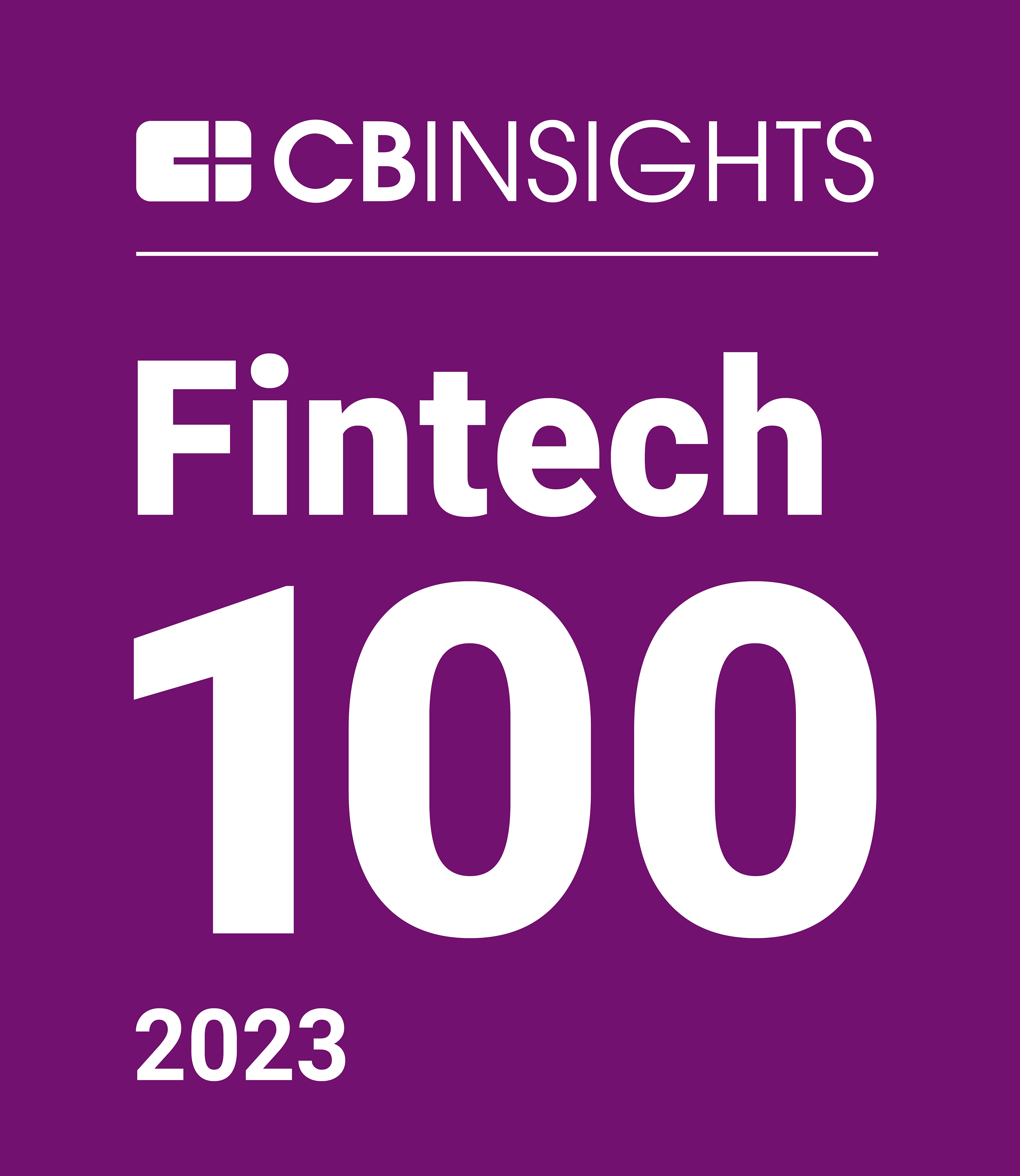Preventing mobile payment fraud.
While the rise of mobile devices has streamlined transactions worldwide and made consumers’ lives easier, the dark side of this growth is that mobile payment fraud has only become more sophisticated.
While the rise of mobile devices has streamlined transactions worldwide and made consumers’ lives easier, the dark side of this growth is that mobile payment fraud has only become more sophisticated. Back in 2007, only a third of people in Great Britain used mobile banking – now, that figure is over 90 per cent.
Alongside this growth, there has been a 41 per cent increase in overall fraud. This accelerated through the pandemic, with internet banking losses growing as criminals targeted victims via phishing emails and social engineering scams to obtain their passcodes and login details illegally.
The promise of seamless and efficient transactions can make mobile commerce more vulnerable to fraud in specific cases. For instance, digital goods, like the online purchase of plane tickets, are four times more likely to be fraudulent than physical product orders. Larger-value mobile transactions (over a thousand dollars) are three times more likely to be fraudulent than smaller orders of a couple of hundred dollars.
Since mobile payments have an added layer of complexity due to the very nature of requiring a mobile device, there are automatically additional opportunities for criminals to discover and exploit weak spots in payment systems. This is especially true when there remains a lack of uniform technical standards for mobile payment infrastructure.
There is also a growing black market for the sale and resale of identity and account details. As most digital goods are now available with card not present (CNP) on tablets, online and mobile devices, there is more opportunity for criminals to steal then sell such details.
To protect merchants and consumers, the payment industry continuously invests in fintech innovation to provide safer and more secure transactions. One of the most exciting recent developments is the launch of Field Level Encryption in payments, a significant step forward in protecting payment security for businesses and consumers.
This advanced encryption technique can supplement the existing encryption methods, such as encryption in transit or encryption at rest. Alongside encrypting the entire payment data, sensitive fields are encrypted individually with separate encryption keys. Even in the improbable event that the payment initiation is compromised, this additional security layer makes sure sensitive and vulnerable information stays protected.
Field Level Encryption also simplifies the compliance process with industry standards and regulations, such as PCI DSS, allowing businesses to focus on their core operations instead of worrying about compliance and security.
Lastly, it all takes place quietly in the background. It does not influence the speed of the payment process, enabling consumers to keep making seamless payments without worrying about security.
It is an important development in the payments industry as it is set to revolutionise the way we make payments online.
This article was originally published on Finextra.com
Platform


Banked Ltd is authorised and regulated by the UK Financial Conduct Authority
151 Wardour St, Unit 5.01, London, W1F 8WE, UK
Company number 11047186 : Firm Reference Number 816944 : +44 (0) 20 8090 2747
© Banked : 2026